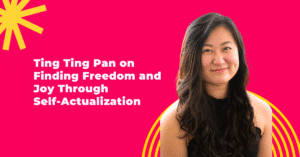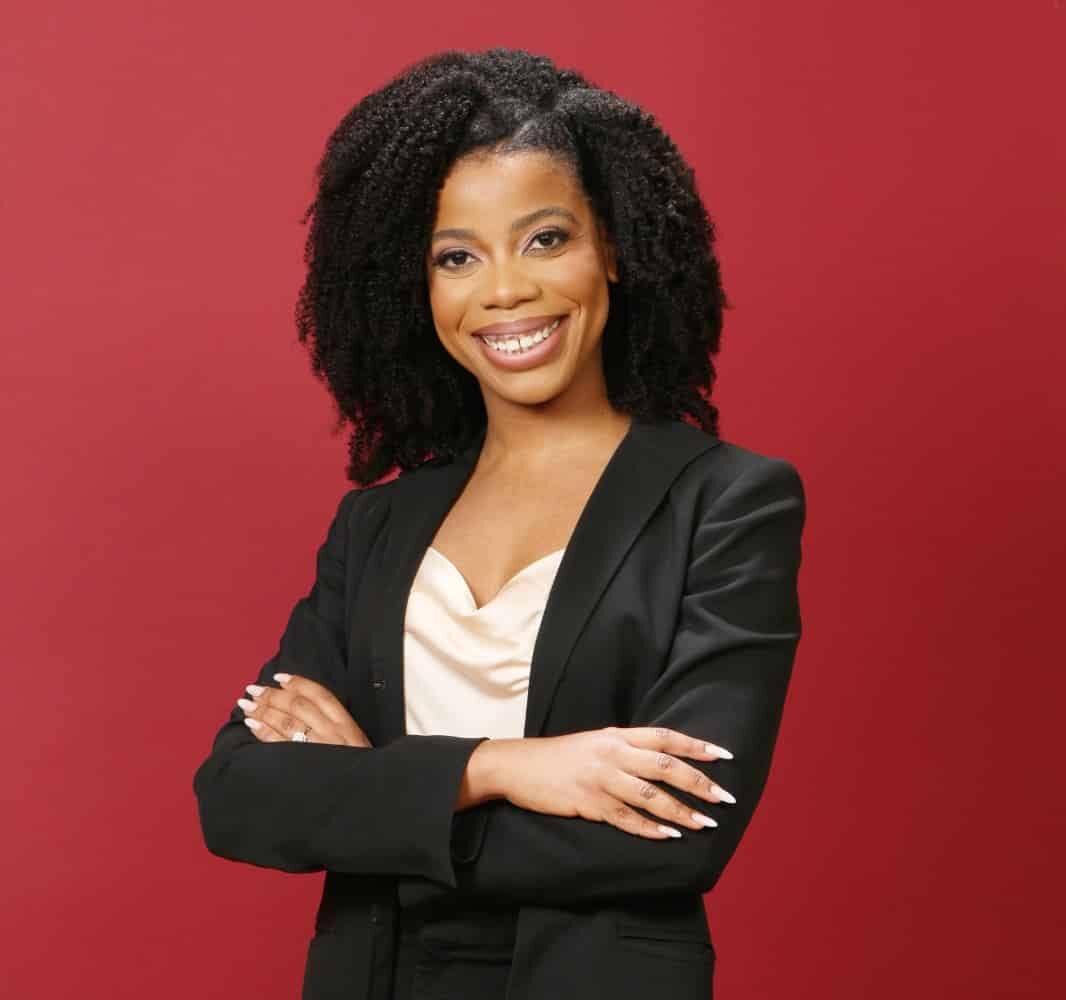
July 2, 2024

Meet Kevonnie Whyte, an AHF Fellow!
Kevonnie is a leader guided by her values in how she shows up in her relationships, the community and the workplace. Kevonnie moved to Canada from Jamaica and became deeply committed to the city’s Black community making significant impact. In 2021, she was chosen as the City’s recipient of the Mary B. Jordan Scholarship for Women in Business.
With a deep commitment to advancing equity and justice, Kevonnie is a lifelong learner of historical and current systems (e.g. systems of colonialism, imperialism, capitalism, patriarchy, racism, etc.) which shape everyday experiences of Indigenous, Black, and racialized communities. Kevonnie worked on the City of Vancouver Racial and Ethno-Cultural Advisory Committee and served on the organizing team for Stratagem (Vancouver’s premier Workplace Social Justice Conference), staying true to her passion for advancing equity and justice.
“Prioritizing volunteerism to have impact in my community is important to me,” explains Kevonnie. “In response to the pandemic, I served as Director of Community Outreach for an ad hoc Black in BC Mutual Aid Fund which distributed micro-grants to over 500 members of the Black community. In total we distributed $200,000.”
With a recent move from Vancouver to Seattle, Kevonnie is excited to step into new opportunities after a successful career in change management within healthcare. Kevonnie’s journey emerges as a beacon of impact and hope. Let’s meet Kevonnie.
As a Black woman living in Vancouver, where Black women are a minority, Kevonnie was actively seeking spaces where she could seek out solidarity with other Black and racialized women.
In 2022, the AHF Fellowship Circle became such a space during the pandemic, providing not just a sense of community but also invaluable takeaways about career resilience and the shared experiences of racialized women in the workplace.
This realization came partly from witnessing the diverse career trajectories of various mentors within the program, many of whom had successfully transitioned across completely different industries and found success in new pathways.
“It was comforting to know that there are opportunities to pursue different paths aligned with your values and purpose and to reinvent yourself,” reflects Kevonnie.
Being a part of this community has helped counteract the isolation and self-doubt that can come from unique workplace challenges. There is so much power in sharing with peers and mentors in a safe and brave space.
“I felt validated which disrupts the negative process of self-gaslighting that results from internalizing bias,” explains Kevonnie. “Beyond validation, sharing different strategies and ways to counter microaggressions and bias was powerful.”
Kevonnie’s insights into workplace inclusion and belonging for Indigenous, Black and racialized women go beyond advocacy, they are a call to action for organizational change and impact.
Kevonnie emphasizes the importance of Employee Resource Groups for Black and Racialized women as a straightforward yet impactful step when done right and done well – particularly when these ERGs are championed by company executives who thoughtfully listen to feedback from groups and advocate for the interests of racialized women at the leadership level.
Kevonnie also points to the need for institutional reforms such as examining pay structures to ensure equity. This is particularly important because Indigenous, Black and racialized women earn on average much less than men in comparison to white women. Through an intersectional lens, women make 88 cents for every dollar men make, while racialized women make 67 cents to the dollar for racialized men, Indigenous women make 65 cents to the dollar for Indigenous men, and newcomer women make 71 cents to the dollar for newcomer men.
Kevonnie believes that it is critical for leaders and decision makers to understand how systemic inequities and racism impact women and shape aspects of our lives and workplace experiences today.
“Part of why I continually educate myself about the legacies of history is that these patterns have created the barriers we see today and informs my advocacy and solidarity with Indigenous, Black and racialized women,” explains Kevonnie.
Kevonnie recently completed her MBA at the University of British Columbia, where making the most of her experiences opened new possibilities. While completing her MBA, Kevonnie served on the student executive team for her program. By centering the needs of her cohort, she formed partnerships with other clubs to co-create new programs.
Thinking strategically about her career growth and progression, a big part of pursuing her MBA was to pivot into consulting. By taking part in various consulting focused clubs, she experienced what client engagement looked like and completed pro-bono work as well.
“During my MBA, I was also able to take a leave of absence from my full-time job in the healthcare sector to pursue a summer internship as a consultant with a multinational firm,” explains Kevonnie.”
This principle has guided Kevonnie through life and has been a cornerstone of her personal and professional development. For Kevonnie, her values not only provide clarity but also guide her decision making.
Kevonnie’s story speaks volumes about the power of values-driven leadership and the impact it can have on us, others and our communities. Her story is a compelling call to action for all of us to contribute towards a more equitable society, reminding us that change starts with individual commitment to our communities and workplaces.
Thank you Kevonnie!